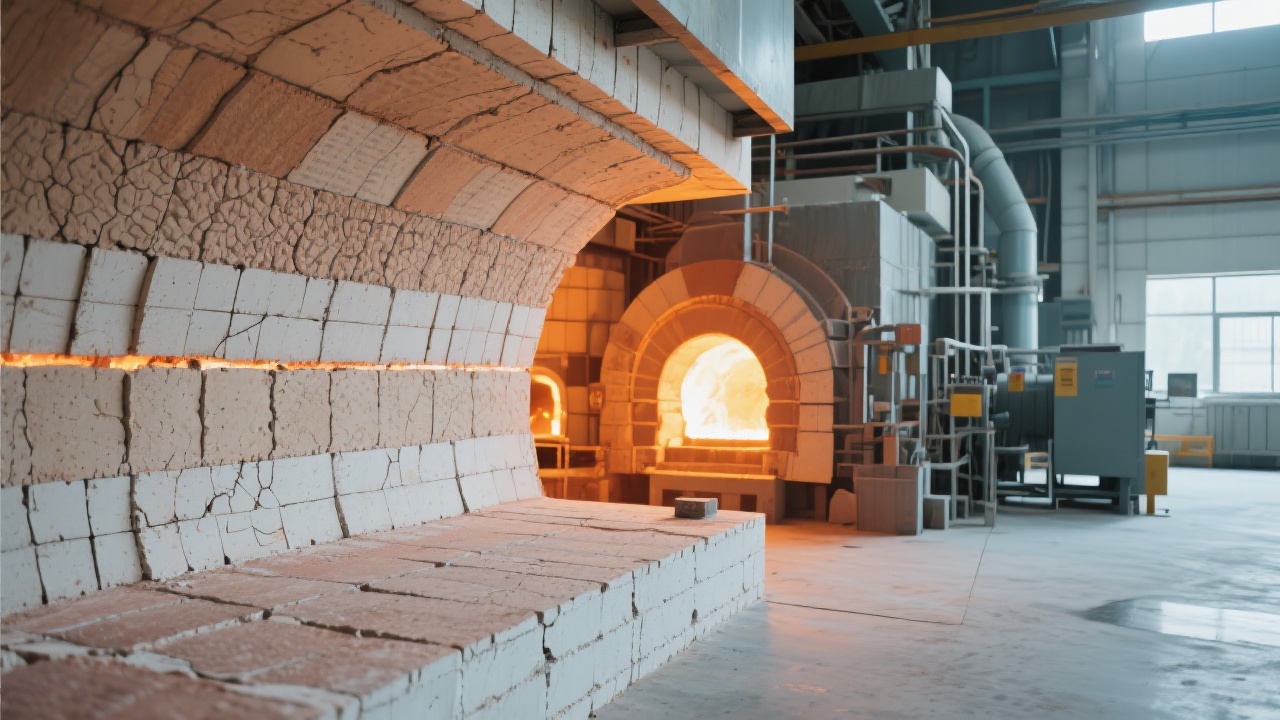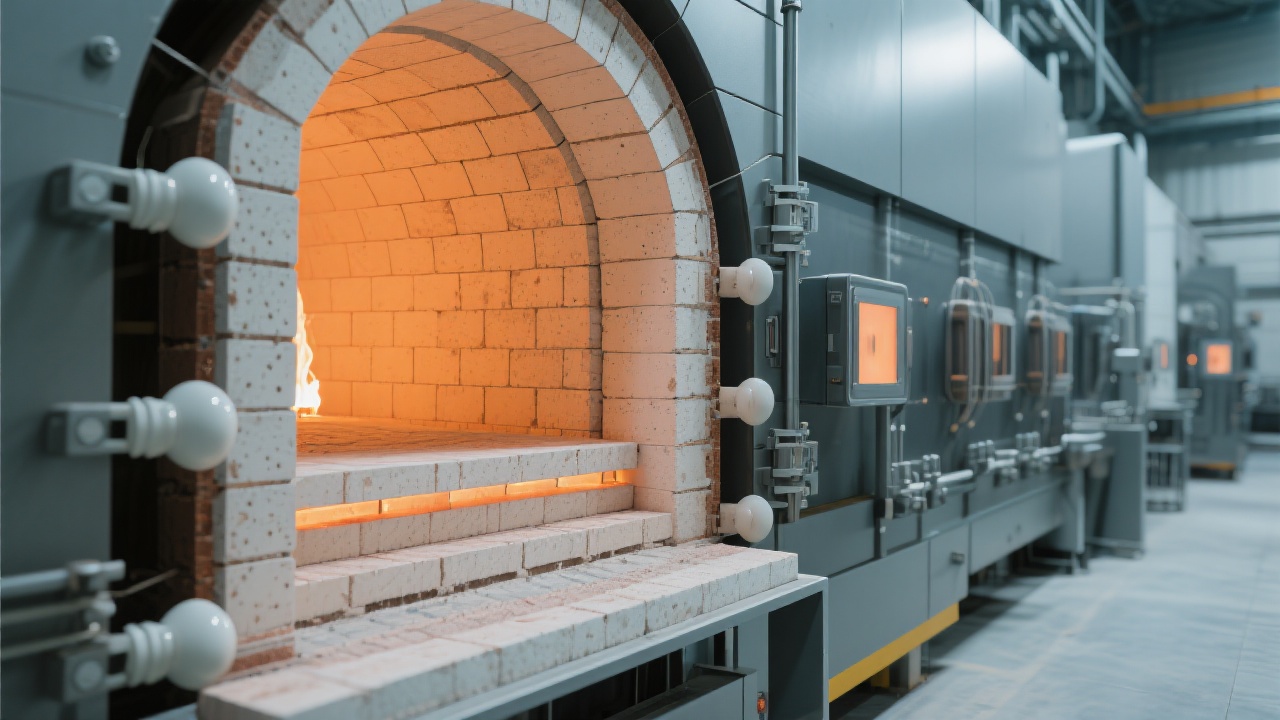
The lining of large dry - process cement rotary kilns plays a crucial role in the efficient and stable operation of the kiln. It is directly exposed to high - temperature environments, chemical corrosion, and mechanical stress. Common challenges include rapid wear of the lining, poor temperature stability, and weak adhesion to the kiln wall, which can lead to frequent shutdowns for maintenance, increased production costs, and reduced overall production efficiency.

Using high - purity magnesia and iron - aluminum spinel clinker as raw materials for magnesium - iron spinel bricks has significant advantages. High - purity magnesia provides excellent basicity and high - temperature resistance. Iron - aluminum spinel clinker, on the other hand, can improve the chemical stability and mechanical properties of the bricks. For example, high - purity magnesia can have a purity of over 95%, which ensures high refractoriness. The iron - aluminum spinel clinker can enhance the material's resistance to chemical corrosion, with a corrosion resistance rate improved by about 30% compared to traditional materials.
The special firing process of magnesium - iron spinel bricks is a key factor in improving their performance. By strictly controlling the firing temperature and time, the product's flexibility and temperature stability can be significantly enhanced. For instance, through a special slow - firing process, the internal stress of the bricks can be effectively released, increasing the flexibility by about 20%. In terms of temperature stability, the bricks can maintain stable performance within a temperature range of 1200 - 1600°C, which is much better than ordinary bricks.
| Performance Indicators | Magnesium - Iron Spinel Bricks | High - Quality Magnesium - Chromium Bricks |
|---|---|---|
| Corrosion Resistance | Excellent. The corrosion rate is about 15% lower than that of high - quality magnesium - chromium bricks. | Good, but relatively weaker in some highly corrosive environments. |
| Kiln Wall Bonding Performance | Strong bonding with the kiln wall, with a bonding strength increased by about 25% compared to high - quality magnesium - chromium bricks. | General bonding performance. |

In a large - scale cement plant, after using magnesium - iron spinel bricks in the dry - process cement rotary kiln, the maintenance cycle was extended from 6 months to 12 months. The production efficiency increased by about 15% due to fewer shutdowns. This shows that magnesium - iron spinel bricks have excellent performance and stability in actual applications, which can bring significant economic benefits to cement plants.
Customers often worry about the long - term performance of the bricks and their cost - effectiveness. In response, we can provide long - term performance guarantees and detailed cost - benefit analyses. For example, although the initial purchase cost of magnesium - iron spinel bricks may be slightly higher than some traditional materials, their longer service life and reduced maintenance costs can save a lot of money in the long run. We also offer on - site installation guidance and after - sales service to ensure that customers can use the products with confidence.

Overall, magnesium - iron spinel bricks have outstanding performance in corrosion resistance, kiln wall bonding, and temperature stability. They are the ideal choice for large dry - process cement rotary kiln linings. If you want to upgrade your cement kiln lining and improve production efficiency, click here to learn more about our magnesium - iron spinel bricks!

